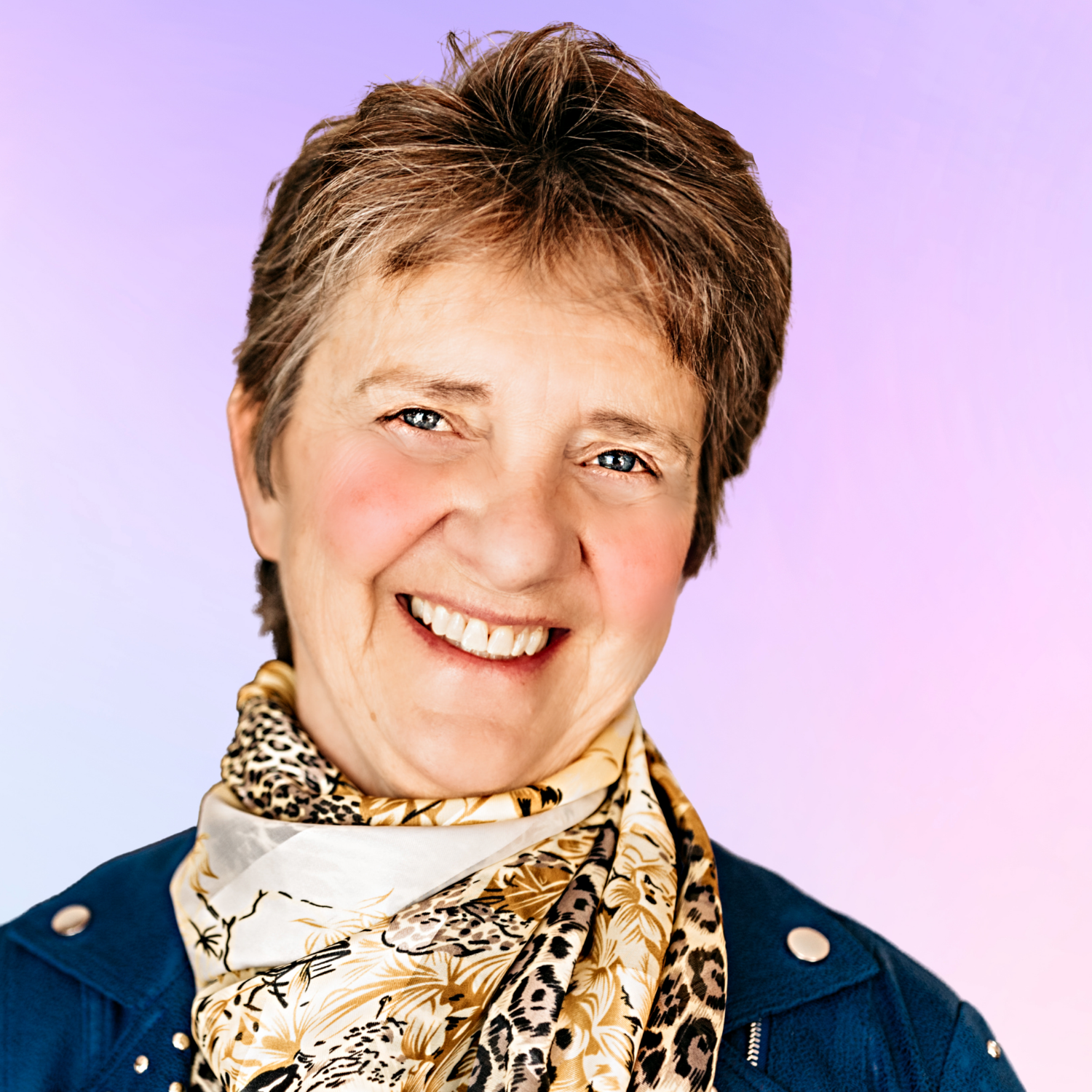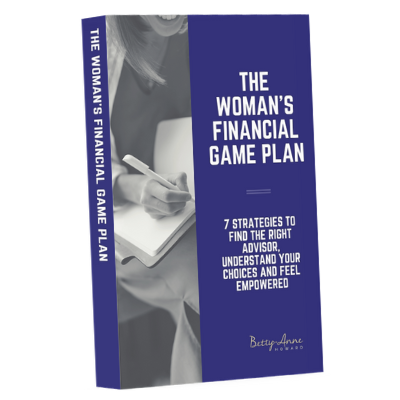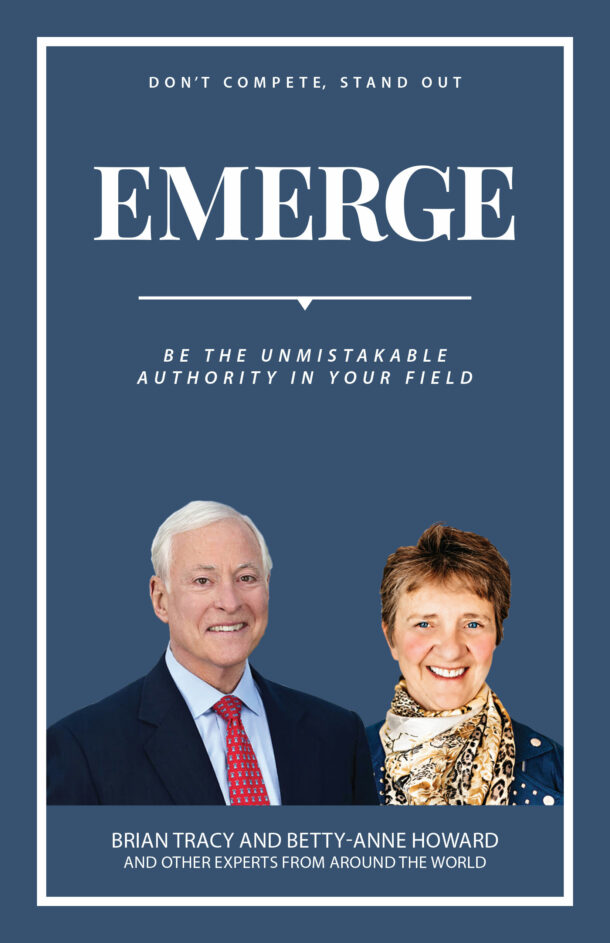By Betty-Anne Howard and Kathleen Pratt

Are you aware that we each have a personal relationship with money? Our unique relationship with money includes how we interact with it, how we treat it, and what we do with it.
Do you feel uncomfortable approaching the topic of money with your partner? Many couples feel anxious when discussing money because of differences in their personal relationships with money. These differences can also cause friction in your partnership.
Do you feel as though you and your partner inhabit different planets or don’t see eye to eye when it comes to how you spend and save your money? You may have very different priorities based on your individual relationships with money which forms your Money Mindset, or “Money Personality”.
When talking about money, do you end up walking away from each other or avoiding the subject for fear of what emotions or conflict it will bring up?
Money can be a loaded topic and most couples tend to veer away from it. Some couples don’t want to stir up the proverbial hornets’ nest after years of not communicating effectively about money. Unproductive and ineffective communication results in fights about money decisions and even worse, separation and divorce. Conflicts and anxiety about money puts an enormous strain on our relationships and can create a lot of stress and sleepless nights.
You’ll be happy to know that arguments, blame and angst about money don’t have to be the norm in your relationship. In fact, understanding each other, appreciating your differences, and being able to communicate about money can lead to greater intimacy. We have developed a program to guide you in having a healthier and happier relationship with money and each other.
A 2014 survey found that personal finance was the most uncomfortable topic to discuss, ahead of death, politics and religion (cited in Kingsbury, 2017). Reasons why money is a taboo topic include: social norms telling us it’s not okay to talk about money; what we were taught by our parents about money and how we interpreted those teachings, and the messages we receive and internalize from living in a consumerist society.
In our experience as a Financial Life Planner and Social Worker, we have found that over time, couples tend to become polarized within their relationships. This means that it’s a natural progression as a relationship develops for partners to start seeing (and magnifying) their differences. The key is to recognize this and find ways to appreciate the strengths and challenges that each of you bring to the table in order for your relationship to mature and grow.
One examples of the polarization that can occur over time is when one person is seen as the talker and the other as the silent/withdrawn or the listener. (Of course we recognize that silence doesn’t necessarily equal listening, it could be “tuning out”, which doesn’t help with communication!) This dynamic is apparent by which partner initiates discussion and wants time for intimate conversations and the other partner gets tired of the conversations and chooses to remain silent, perhaps having felt unheard in the past. The interesting thing about this dynamic is that often this difference was attractive to each of the partners early in their relationship. (Think: ‘strong, silent type’ vs. ‘life of the party’!)
Similarly couples can become polarized when it comes to their Money Personalities. For example, one person can be seen and labelled as the Saver and the other the Spender. It’s the perception that you are one or the other and that one type is good or bad (black and white thinking) that can create problems in your relationship.
There are both benefits and challenges to different approaches to money. In the example above, the best place to start is by exploring these differences in a nonjudgmental way so you can find that balance in your relationship of living for today (spending) and planning for the future (saving).
We recently read the book “The 5 Money Personalities™ Speaking the Same Love and Money Language”, by Scott and Bethany Palmer (The Money Couple©). They take Money Personalities to another level asserting that we have a Primary and Secondary Money Personality. If you’d like to discover your Money Personality types, you can take the quiz on their website: https://themoneycouple.com/
Betty-Anne completed the quiz and discovered that her primary Money Personality is Saver (not a surprise!) and her Secondary is a Security Seeker. When you put those two Money Personalities together you realize how much worrying about money and needing to have everything planned out for the future detracts from enjoying and living for today.
According to Betty-Anne; “Being a Saver has been a trait of mine all my life. I always thought it was because we grew up poor (by Canadian standards). However, I am seeing how it became the way I adapted to my life situation & circumstances.
Being a Saver means that I get a lot of pleasure out of saving money; I rarely spend impulsively. I like to have cash to do the things I want to do (instead of debt financing a trip or vacation) and I never carry a credit card balance”.
What, you may ask is wrong with that? (Especially if you too are a Saver!). The downside or challenge of the Saver is; “I rarely want to do anything spontaneous if it’s going to cost a lot of money and we haven’t budgeted for it; I have to plan for most things and tend to be way too focussed on goals and not so much on enjoying the moment”. According to the Palmers, Savers can be great partners because they spend wisely and will prioritize retirement savings. On the other hand, they tend to be too focussed on the end result and miss out on the fun you can have in the process. Being a Security Seeker magnifies your need to save and plan which also adds to how tight fisted you can become when your partner is a Spender and/or Risk-Taker.
As you can imagine, there are all sorts of ways in which couples can potentially land in some hot water when it comes to their money relationship. Different childhood experiences with money can add to the complexity of the dynamics in your relationship. We are both personally and professionally fascinated by these concepts. We’ve applied what we’ve learned about Money Personalities to our own relationships with good success and now we want to share this with others. Our combined 66 years of professional practice has provided us with the knowledge, experience and privilege to bring this unique program for happier and abundant relationships to couples everywhere.
One of the principles of our program relates to Carol Dweck’s Growth Mindset philosophy: We believe that we are always growing and learning as individuals and as a couple and this growth and learning generates more pleasure and joy in our lives.
Money is a part of almost everything we do, every day of our lives. We all have dreams for our future and want to balance this with living life to the fullest right now. Finding that balance between living for today and planning for the future can be tricky when you and your partner seem to be on different pages with your Money Personalities. Do not despair! There are trusted guides to help you through the challenges and find the balance that will allow you and your relationship to thrive.
Suggestions for what you can do now to enhance your relationship
Listen and Share
Try opening yourself up to your partner’s perspective. Consider how you and your family have benefitted from your partner being a Saver or a Spender. Express your appreciation for the ways in which you are different in your approaches to money. Avoid blaming, be respectful of each other’s feelings and explore these feelings to gain a true appreciation for what you each bring to your relationship.
Write down your individual and mutual dreams. Come up with a plan on how you can achieve these dreams and seek out the help of a qualified Financial Planner if you get stuck.
Behaviour Change is a Process
Consider certain behaviours and habits you may have to change for the sake of your future together. It may be easier to think about ways your partner should change! Set aside time to discuss your ideas and collaborate to reach a mutual understanding and agreement. Recognize that this is a process and change can be hard. If you believe that you are capable of change, you are more likely to see that happen in your relationship. Check out the tools in the book “The 5 Money Personalities” by Scott & Bethany Palmer.
Curiosity is Key
Blaming and criticizing your partner is not helpful. Take a step back and examine your money relationship from a curiosity perspective and recognize that what brought you together in the first place could now be tearing you apart. Acknowledging and expressing your appreciation for those differences will help rebuild the foundation of your relationship on which you can grow back together.
References:
Kingsbury, K.B. (2017). Breaking money silence: How to shatter money taboos, talk more openly about finances and live a richer life. Santa Barbara: Praeger.
Palmer, S. & B. (2013). The 5 money personalities: Speaking the same love and money language. Nashville: Thomas Nelson.
For Love and Money™ Program







0 Comments